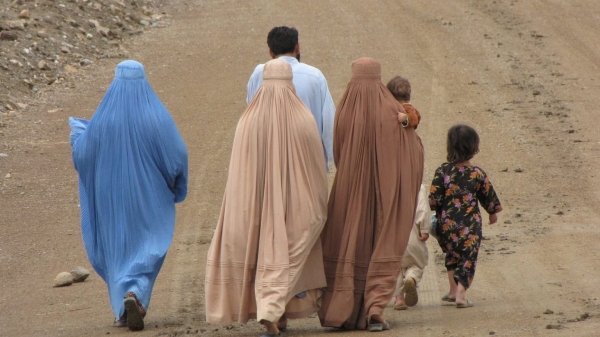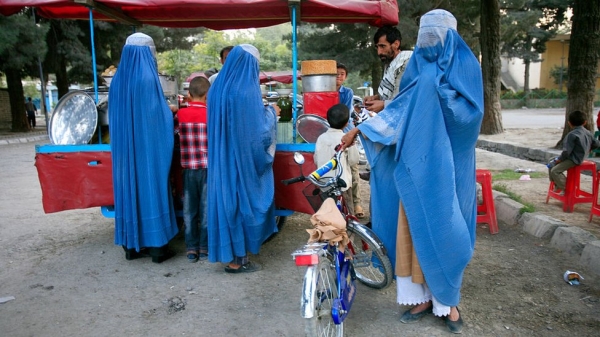In Afghanistan, where polygamy remains a common practice, several men with multiple wives shared their experiences in an interview with Daryo’s correspondent, though most preferred not to have their photos or videos publicly disclosed.
Nasrulloh, a 26-year-old from Mazar-i-Sharif disclosed that he has been married twice. He has two daughters from his first wife but had to remarry due to family issues. According to Nasrulloh, living with his first wife was difficult due to her poor temperament. He stated in an interview with Daryo:
“I have two daughters, and if it wasn’t necessary, I wouldn’t have remarried. I had no choice but to marry again because I am young and need to live.”
He also complained about his mother-in-law, stating that she had worsened his life and taught his wife meaningless things. Nasrulloh plans to give his first wife another year to change her behavior, after which he will consider divorce if there is no improvement.

Habibulla, another resident of Mazar-i-Sharif, shared that he had been waiting for a child for nearly 20 years with his first wife, but their efforts were unsuccessful. Consequently, he decided to marry a second wife, who is 20 years younger and has provided him with 10 children. Habibulla expressed satisfaction with his decision. When asked about fairness between his wives, he simply stated that as long as there is money, all issues can be resolved.
Bismillah from the Dehdadi district of Balkh Province is also married to two women. He explained that his decision to remarry was due to not having children with his first wife despite 15 years of trying, including consulting multiple doctors. Eventually, he married a second wife who is 15 years younger, and has given him children. According to Bismillah, his first wife treats the second wife well, and there are no family problems. He noted that in Afghanistan, some men marry multiple times due to desire and wealth, while others do so out of necessity or to have children.

Moreover, various high-ranking Taliban commanders have increasingly adopted polygamy since their takeover of Afghanistan, using Islamic traditions as justification. This shift, previously only theoretical, has led several leaders to seek additional wives moving from one or two marriages to three or four as reported in the media.
Though precise statistics on polygamy in Afghanistan are lacking, the practice is widespread especially in rural areas due to entrenched cultural and traditional norms. Critics argue that polygamy contributes to economic and social challenges, family conflicts and violence ultimately detrimental to societal well-being.




